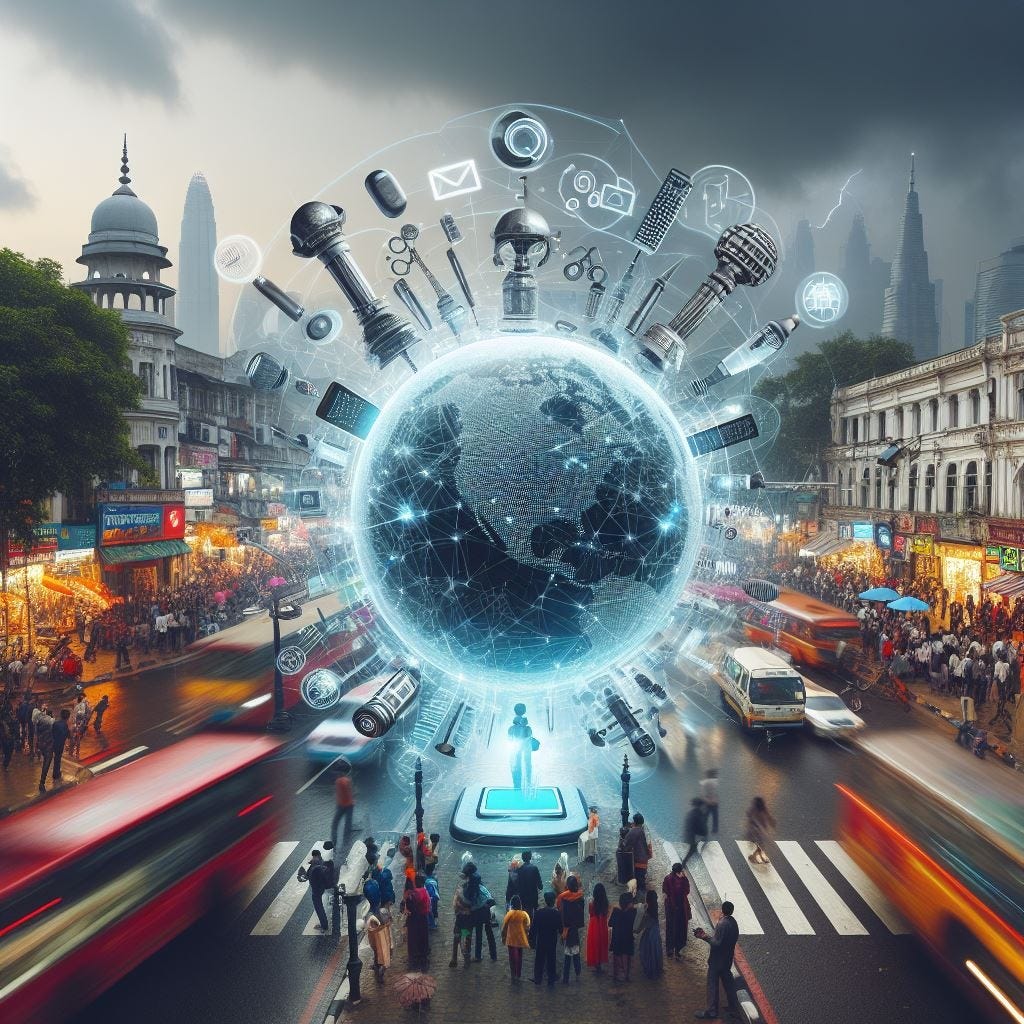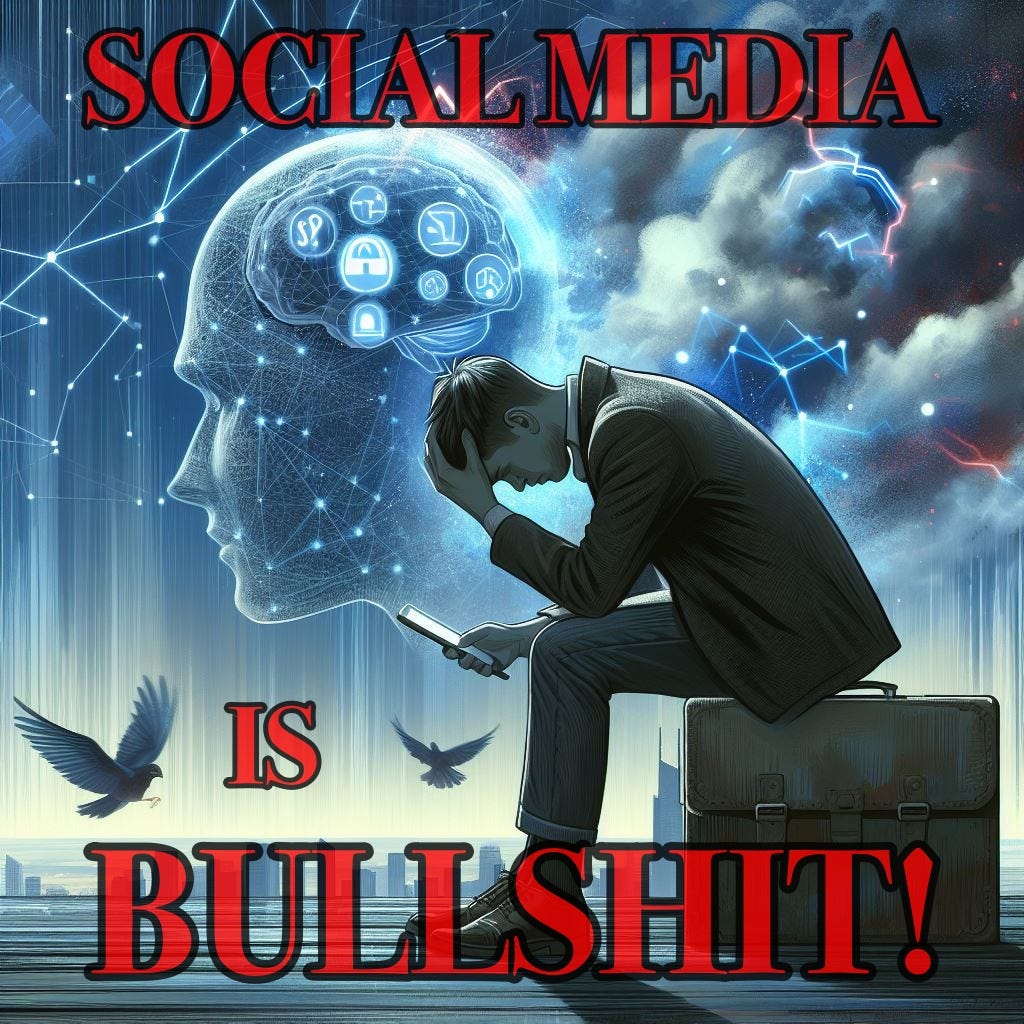The Impact of Technology on Millennials: A Double-Edged Sword
What We Should Learn From Millennials
Technology has undeniably reshaped the landscape of modern life, with millennials at the forefront of this digital revolution. Born between 1981 and 1996, millennials have witnessed the rapid evolution of technology, from the rise of the internet to the ubiquity of smartphones. This generation has seamlessly integrated technology into every facet of their lives, from communication and entertainment to work and education. However, the impact of technology on millennials is a complex interplay of benefits and challenges that warrants a closer examination.
On the positive side, technology has endowed millennials with remarkable advantages. Their proficiency with digital tools has made them adaptable and resourceful, capable of multitasking and processing information with unprecedented efficiency. The connectivity afforded by social media and instant messaging platforms has fostered a global community, enabling millennials to maintain relationships and collaborate with peers across the world. Moreover, technology has empowered them to voice their opinions, advocate for social causes, and access a wealth of information at their fingertips.
Yet, the flip side of this digital coin reveals a more troubling picture. The constant exposure to screens and the pressures of social media have been linked to a host of mental health issues, including anxiety, depression, and a phenomenon known as "deaths by despair." These deaths, characterized by suicide, drug overdose, and alcohol-related diseases, have seen a worrying increase among millennials. Factors contributing to this despair include financial stressors such as student loan debt, healthcare costs, and the unaffordability of housing.
The incessant demand for instant gratification, spurred by the immediacy of digital interactions, has also been criticized for eroding patience and deep-thinking capabilities. Furthermore, the sedentary lifestyle that often accompanies prolonged technology use has physical health implications, contributing to the rise in obesity and related conditions.
It is clear that technology's impact on millennials is multifaceted. While it has provided unparalleled opportunities for growth and connection, it has also introduced new challenges to their well-being. Addressing these issues requires a societal shift that goes beyond individual behavior changes. It calls for a collective effort to create supportive environments, promote mental health awareness, and develop policies that mitigate the adverse effects of the digital age.
As we continue to navigate this terrain, it is crucial to strike a balance between harnessing the benefits of technology and safeguarding mental and physical health. Only by acknowledging the dual nature of technology's impact can we hope to foster a future where digital advancements and human well-being coexist harmoniously. Ultimately , we need to be wise about our technology usage starting with social media.





